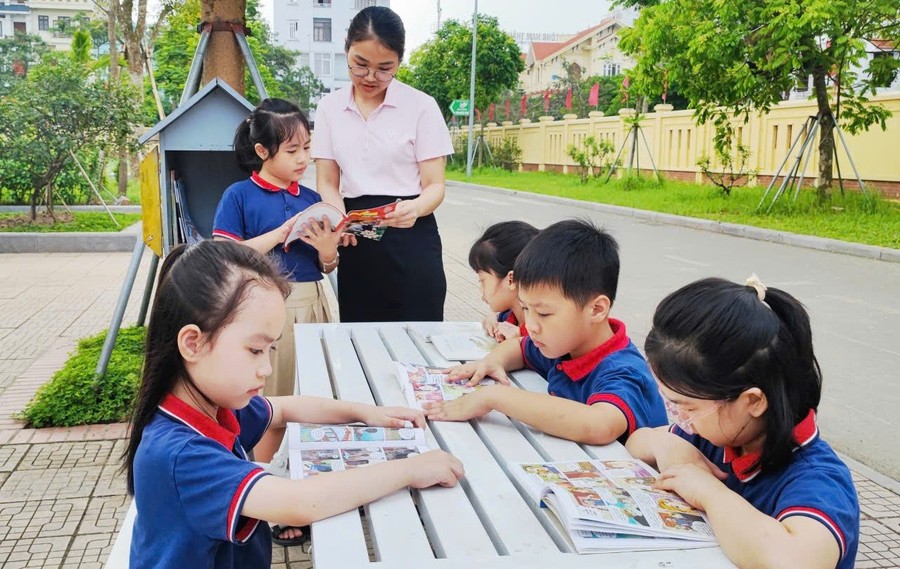
In Ninh Binh, education in this skill has received more attention, but still requires synchronous coordination between schools, families and the community.
Children are prone to isolation and loss of confidence.
The 2018 General Education Program focuses on developing life skills and abilities, but in reality, many primary school students are still confused in communication. They may learn well in books but are confused and shy in everyday situations: not knowing how to greet properly, afraid to express their thoughts, lacking conflict resolution skills or not daring to apologize when making mistakes.
Ms. Nguyen Thi Huyen - Ho Tung Mau Primary School ( Nam Dinh , Ninh Binh), shared: "I once taught a class with many students who were good academically, but very shy and afraid to communicate. There were cases where they did not talk to their friends for the whole school year. When interacting with adults, they often bowed their heads, spoke softly, and lacked confidence. This shows that their communication skills were limited."
Ms. Phung Thi Thuong - a 5th grade teacher at Yen Xa Primary School (Y Yen, Ninh Binh), also noted this reality when she said that students' poor communication skills are not necessarily due to shyness or lack of ability, but partly stem from the learning environment that does not create conditions for them to express themselves and connect. "There are very strict classes, teachers teach - students listen, students rarely have the opportunity to exchange and share, so they gradually become afraid to speak, afraid of making mistakes, and gradually lose confidence. If there are no open lessons, group activities or regular extracurricular activities, children will lack the opportunity to practice communication in real-life situations," Ms. Thuong said.
From the parents' perspective, the limitation in children's communication skills also stems from their incorrect notions. Many parents still believe that children only need to study well, because learning new knowledge is difficult, but communication and behavioral skills "will be learned when they reach adulthood". In fact, if not specifically guided, children can easily form passive habits, even avoiding society.
Ms. Vu Thuy Quynh, parent of a third grader in Nam Dinh ward (Ninh Binh), said: “I used to think my child was just shy, but later I realized that he did not know how to greet adults, nor did he know how to say thank you or apologize at the right time. He did not even know how to express his thoughts and feelings in words. The family did not pay attention to teaching him these seemingly simple things since he was young, because adults have neglected to teach communication and behavioral skills to children.”
According to Ms. Huyen, the lack of communication skills will make it difficult for children to study in groups, build friendships, and can affect their mental health if the isolation lasts for a long time. Therefore, education on communication skills and civilized behavior needs to be focused on early as an essential part of "teaching children to be human".
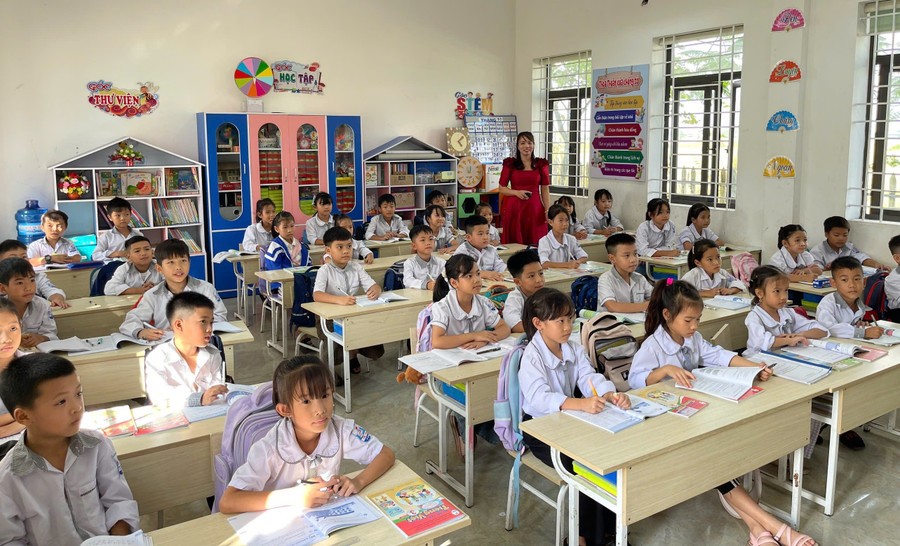
Building a training environment
Realizing the importance of life skills, many primary schools in Ninh Binh have integrated communication skills training into teaching and experience activities for students. Instead of just learning theory, students are "practiced" through group activities, role-playing games, or extracurricular activities related to life.
“We regularly organize the topic “Civilized Behavior - Beautiful Actions”, bringing useful content to the “Kids Know How to Listen” Club. Students are put into situations: When arguing with friends, when making someone sad, when seeing a friend needing help... They play roles, discuss and draw their own conclusions on how to behave properly. This way of learning makes them interested, remember for a long time and apply it immediately in life”, said Ms. Dang Thi Thanh Minh - Team Leader, Yen Binh Primary School (Vu Duong, Ninh Binh).
In addition to classroom hours, many schools have coordinated with local authorities to organize experiential activities at traditional craft villages such as La Xuyen wood carving, Cat Dang lacquer, lace embroidery and Tan Minh conical hat making. Here, students not only observe the manual production process, but also practice communication skills through listening, asking questions, thanking the artisans for their guidance, and maintaining a polite attitude when visiting. These experiences help children better understand how to behave properly in public, know how to listen and show politeness.
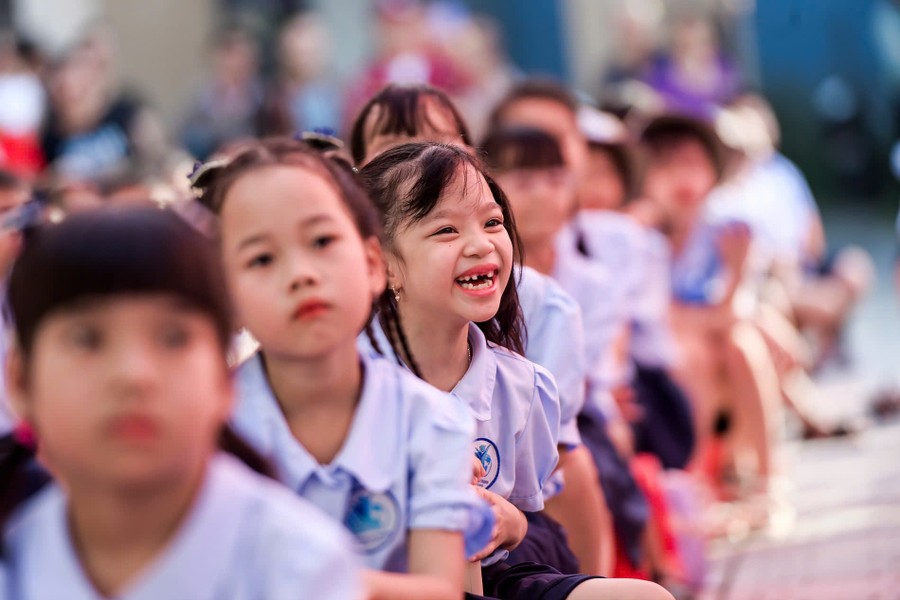
In addition, the integration of communication skills education into the main subjects is also emphasized. In Vietnamese, students practice speaking on topics, practice telling stories, and share their thoughts in front of the class. The Ethics subject has lessons on "Politeness in communication", "Respect for others", "Listening and sharing", implemented in a student-centered approach, encouraging discussion and civilized criticism.
Ms. Cu Thi Trinh Loan - Principal of Yen Chinh Primary School (Phong Doanh, Ninh Binh), shared: “Educating students on communication skills is not a one-day task, but requires perseverance and consistency from teachers, parents and society. Children learn not only through teachings, but also from the way adults behave every day. Schools need to create a friendly environment where each student is respected, speaks their mind and is guided on how to listen to others.”
Mr. Dao Quang Dien - Principal of Yen Tri Primary School (Yen Dong, Ninh Binh), believes that in order for students to communicate well, adults need to set an example first. “Children are like blank sheets of paper. If teachers and parents often scold and impose, children will gradually become reserved and not dare to speak.
On the contrary, if children are encouraged to speak their minds and are always listened to with respect, they will be much more confident in communication," Mr. Dien stated his opinion and believed that the school environment needs to change in the direction of "less explanation, more practice", which means teaching children through specific situations, allowing mistakes and helping to correct them, instead of just criticizing behavioral errors.
Teaching communication skills is not about big lessons, but starting from daily behavior: A greeting, a listening look, a timely thank you or a gentle handshake. Civilized behavior cannot be “taught once”, but needs to be practiced as a habit.
The Principal of Yen Chinh Primary School expressed the view that in the family, parents should spend more time talking to their children, early applying “prenatal education”, talking to children right from when they are still in the womb. Know how to be patient to listen to children, create openness in communication right in the child’s beloved home. Only when communication becomes a good habit of life, students can truly develop comprehensively.
The important thing is the coordination between school - family - society. Parents need to set an example and accompany their children; children need to be encouraged to communicate and be listened to instead of being imposed. Schools need to create real situations for students to practice, adjust and praise promptly as soon as they have correct behavior.
Communication is not only a skill, but also reflects a person's personality and perspective on the world around them. When primary school students know how to speak kindly, listen and behave sincerely, it is not only a sign of personal maturity, but also a positive signal for a generation of civilized citizens who know how to love and live responsibly.
Source: https://baolaocai.vn/gioi-chu-yeu-loi-ky-nang-giao-tiep-bi-bo-quen-post879966.html


![[Photo] General Secretary To Lam attends the ceremony to celebrate the 80th anniversary of the post and telecommunications sector and the 66th anniversary of the science and technology sector.](https://vphoto.vietnam.vn/thumb/1200x675/vietnam/resource/IMAGE/2025/9/29/8e86b39b8fe44121a2b14a031f4cef46)

![[Photo] Many streets in Hanoi were flooded due to the effects of storm Bualoi](https://vphoto.vietnam.vn/thumb/1200x675/vietnam/resource/IMAGE/2025/9/29/18b658aa0fa2495c927ade4bbe0096df)

![[Photo] National Assembly Chairman Tran Thanh Man chairs the 8th Conference of full-time National Assembly deputies](https://vphoto.vietnam.vn/thumb/1200x675/vietnam/resource/IMAGE/2025/9/29/2c21459bc38d44ffaacd679ab9a0477c)
![[Photo] General Secretary To Lam receives US Ambassador to Vietnam Marc Knapper](https://vphoto.vietnam.vn/thumb/1200x675/vietnam/resource/IMAGE/2025/9/29/c8fd0761aa184da7814aee57d87c49b3)












![[Infographics] Time, location, content of the 1st Congress of An Giang Provincial Party Committee, term 2025 - 2030](https://vphoto.vietnam.vn/thumb/402x226/vietnam/resource/IMAGE/2025/9/30/fed466586ad84c3ebea914be993018ca)






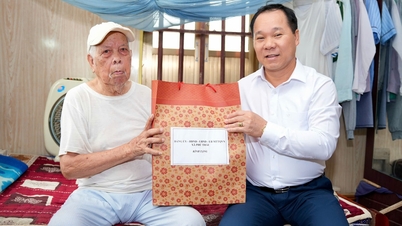












































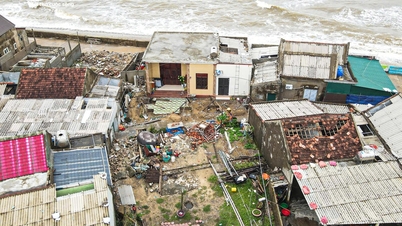



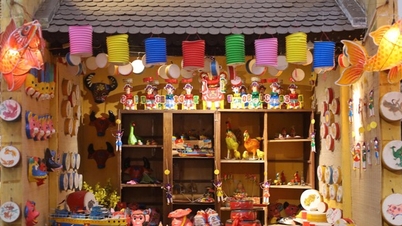








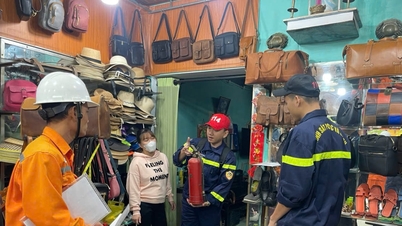
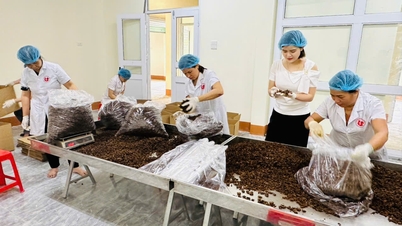

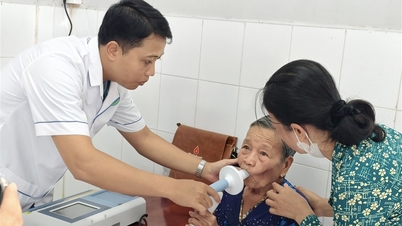


















Comment (0)